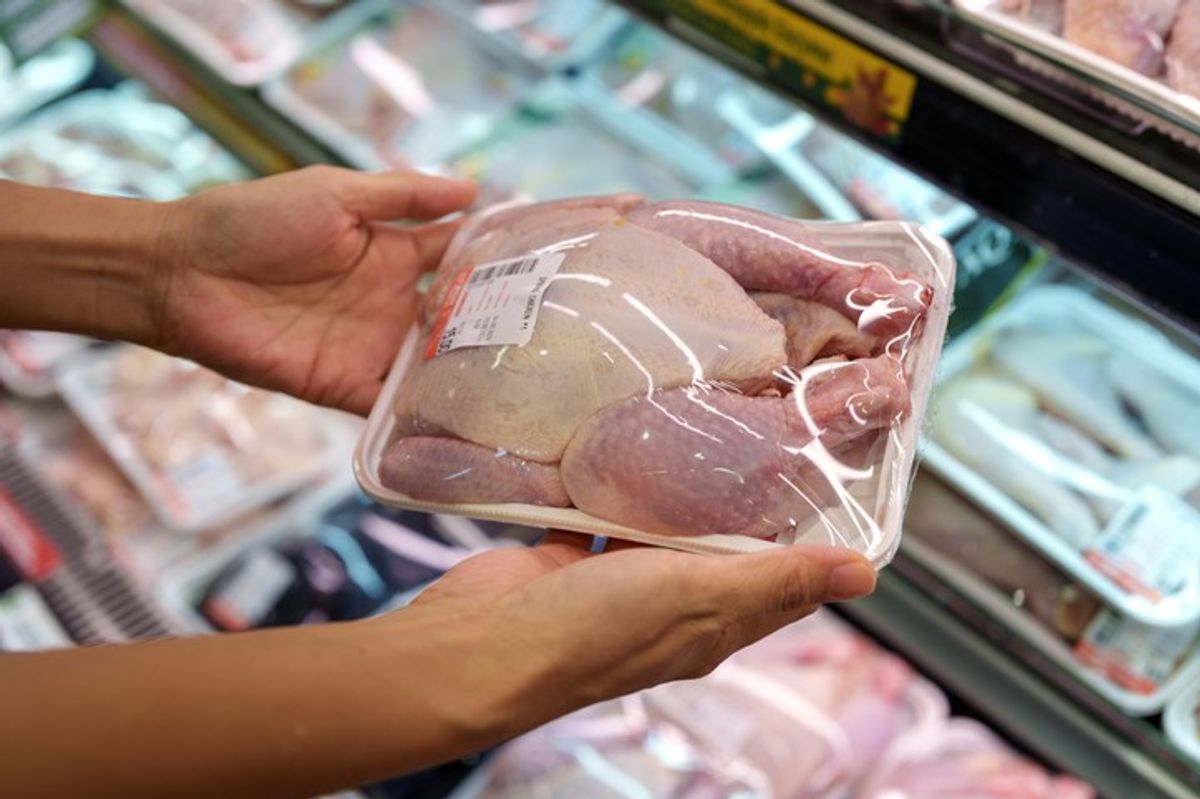Meat and dairy products saw a rise in sales in January, while their meat-free counterparts and dairy-free products experienced less demand compared with 2024.
According to a report released by Agriculture and Horticulture Development Board (AHDB), while the meat, fish and poultry (MFP) category saw volume growth of 1.4 per cent, meat-free products had their fourth consecutive year of decline.
This was mostly driven by vegetable-based products such as bean burgers, rather than meat imitation products (like Quorn), as vegetable-based products saw a -12.4 per cent decline.
This weaker performance is likely due to declining engagement with Veganuary, according to Google searches, and only a small proportion of the population (5.65 per cent) taking part in the challenge this year.
Of those who took part, 1.29 per cent are vegan all year round, 2.30 per cent completed Veganuary and 2.06 per cent did not. Of those who managed to maintain a vegan diet for the entire month, 39 per cent stated they are not going to continue with the diet beyond January, states AHDB.
Promotions played a big part in performance this January, and according to Kantar, meat-free product saw a 9.1 per cent decline in promotions year-on-year, which, along with high inflation, likely contributed to its performance.
While meat imitation products did see spend and volume growth in January, it was the only meat-free category to see increases in both, however, this isn’t expected to continue, as historically (2021–2024) there has been an average decline in volume of -22.5 per cent from January to February (Kantar 4 w/e 26 January 2025).
Cow’s dairy volumes increased by 6.1 per cent in January and saw volume increases in almost all product categories, while plant-based dairy sales increased by just 1 per cent, with volume declines in nearly all plant-based dairy categories, including plant-based cheese, spreads and butter.
Hannah McLoughlin, an AHDB analyst, said, “Our data highlights that consumer interest in meat and dairy-free products is not as strong as it was in previous years.
“The demand for meat and dairy remains resilient, with many consumers showing a preference for traditional products over plant-based options.
“This shift in consumption patterns, coupled with fluctuating promotional activity, suggests that the traditional meat and dairy sectors continue to hold their ground in the face of changing dietary trends.
“AHDB continues to promote the benefits of eating meat and dairy year-round, with our Milk Every Moment, Let’s Eat Balanced and Love Pork campaigns focusing on the great taste and health benefits of these products as part of a healthy balanced diet.”


